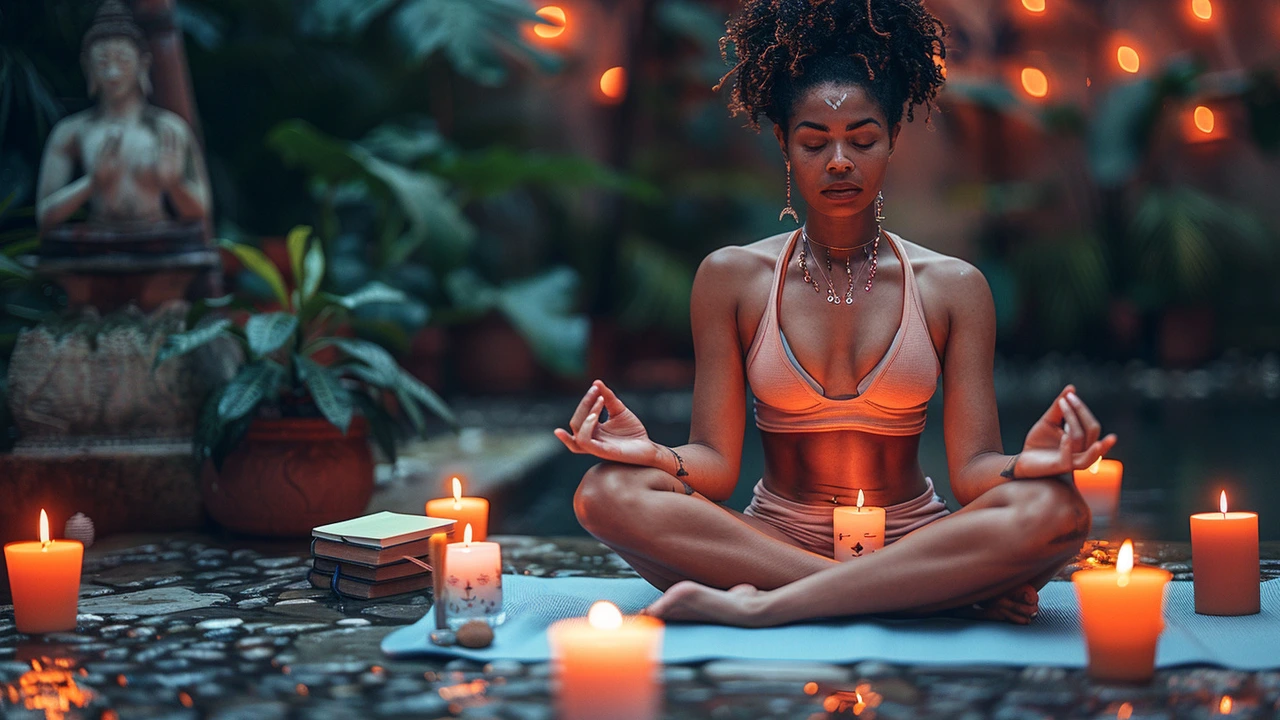Understanding the Science Behind Relaxation
Before diving into relaxation techniques, it's crucial to grasp why relaxation is more than just a buzzword in the wellness community; it's a physiological necessity. When we relax, our body reverses the stress response, facilitating a state where healing and restoration predominate. Many might not be aware, but the relaxation response was a term coined by Dr. Herbert Benson in the 1970s, emphasizing its positive impact on reducing stress-induced ailments.
'The relaxation response is essentially the opposite state of the 'fight or flight' response,' remarks Dr. Benson in his pivotal research.This understanding lays the foundation for why cultivating relaxation practices is vital for our health.
The benefits of relaxation are far-reaching, impacting both mental and physical health. Regular engagement in relaxation techniques has been shown to reduce symptoms of stress and anxiety, improve cardiovascular health, and enhance overall well-being. It's not just about feeling good in the moment; it's about making lasting changes to our stress response mechanisms.
Key Relaxation Techniques for Enhanced Well-being
There are myriad ways to encourage relaxation, each with its unique benefits. Meditation is widely recognized for its profound impact on the mind, offering a calm port in the storm of our thoughts. Through focused attention or mindfulness, meditation helps cultivate a state of mental clarity and emotional stability.
Another powerful tool is deep breathing exercises. These simple yet effective practices can be done anywhere, providing immediate stress relief by activating the body's natural relaxation response. Guided imagery and progressive muscle relaxation are other techniques that leverage the mind-body connection to foster a sense of peace and well-being.
Implementing Relaxation into Daily Life
Incorporating relaxation techniques into daily life can seem daunting amidst our busy schedules. However, the beauty of most relaxation practices is their flexibility and adaptability to even the busiest lives. Tips for integrating these practices include starting small, setting aside dedicated time for relaxation, and experimenting with different techniques to see what resonates most.
Creating a daily relaxation routine is vital for consistency. This could be as simple as a five-minute breathing exercise in the morning or a short meditation session before bed. The key is to make relaxation a non-negotiable part of your day, akin to brushing your teeth or eating breakfast.
Advanced Relaxation Techniques for Deep Stress Relief
For those looking to deepen their relaxation practice, there are advanced techniques that offer profound stress relief. Yoga, with its emphasis on breath-connected movement, offers a holistic approach to relaxation, improving physical flexibility and mental clarity. Tai chi, a martial art known for its slow, deliberate movements, has been likened to 'meditation in motion,' promoting serenity and balance.
Autogenic training, a technique that involves repeating calming phrases to oneself, and biofeedback, which uses electronic monitoring to convey bodily functions like heart rate and muscle tension, are also effective for those seeking to gain greater control over their relaxation response.
The Role of Environment and Lifestyle in Promoting Relaxation
Finally, it's important to recognize that relaxation is not just about engaging in specific techniques; it's also about cultivating an environment and lifestyle conducive to relaxation. This includes creating a calming living space, limiting exposure to stressors, and prioritizing activities that bring joy and fulfillment.
Maintaining a work-life balance, engaging in hobbies, and connecting with loved ones can all play a significant role in enhancing our ability to relax and decompress. By taking a holistic approach to relaxation, we can create a more peaceful, balanced life.

Comments